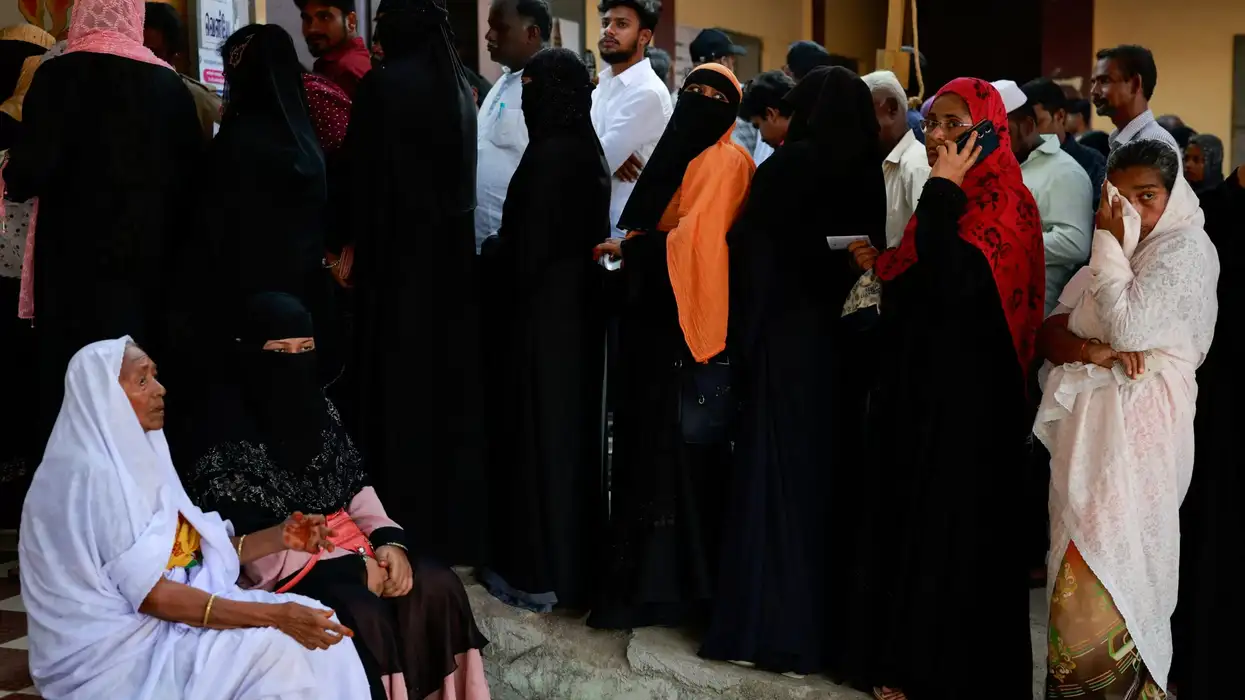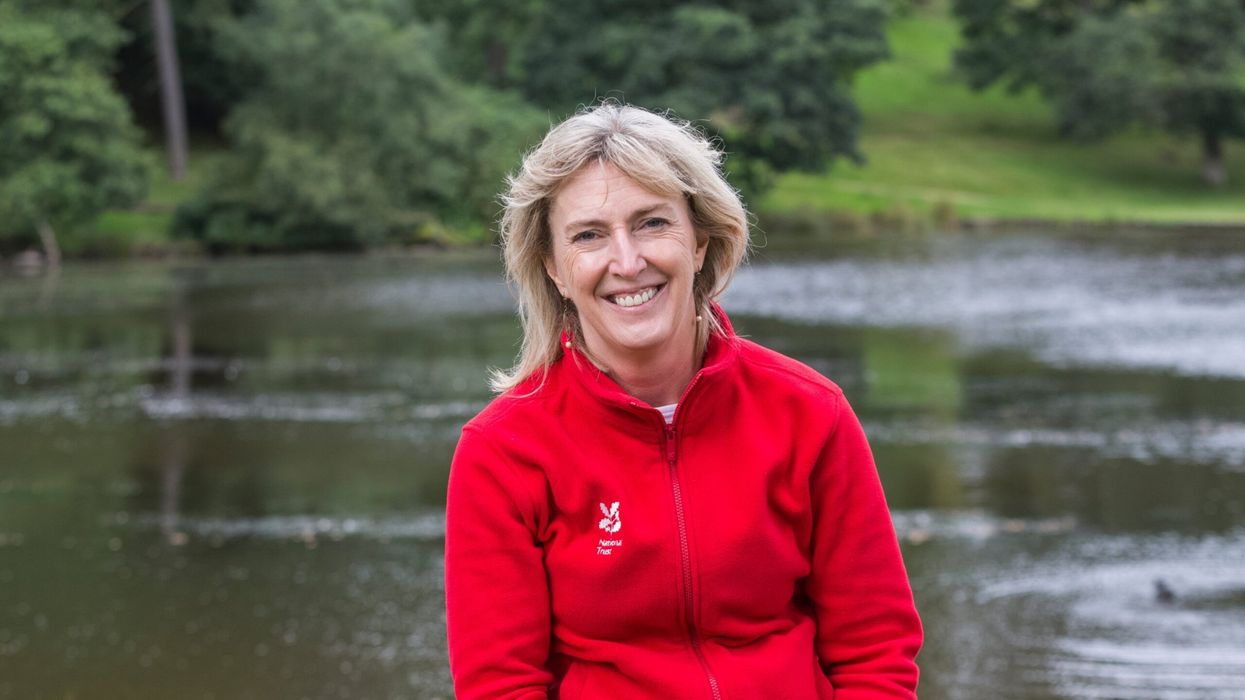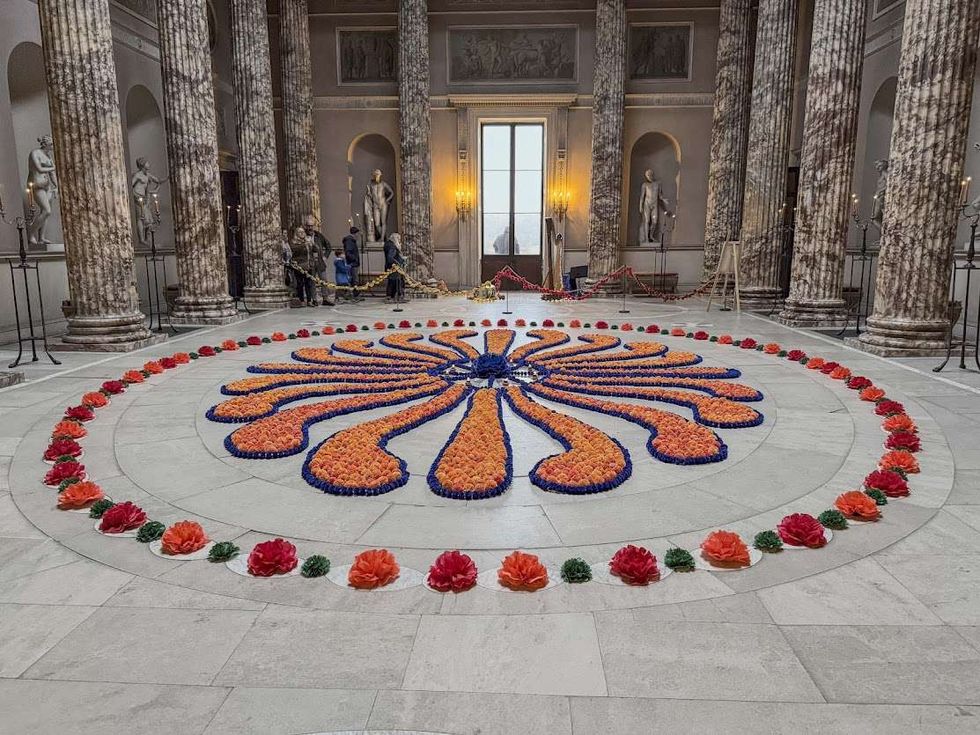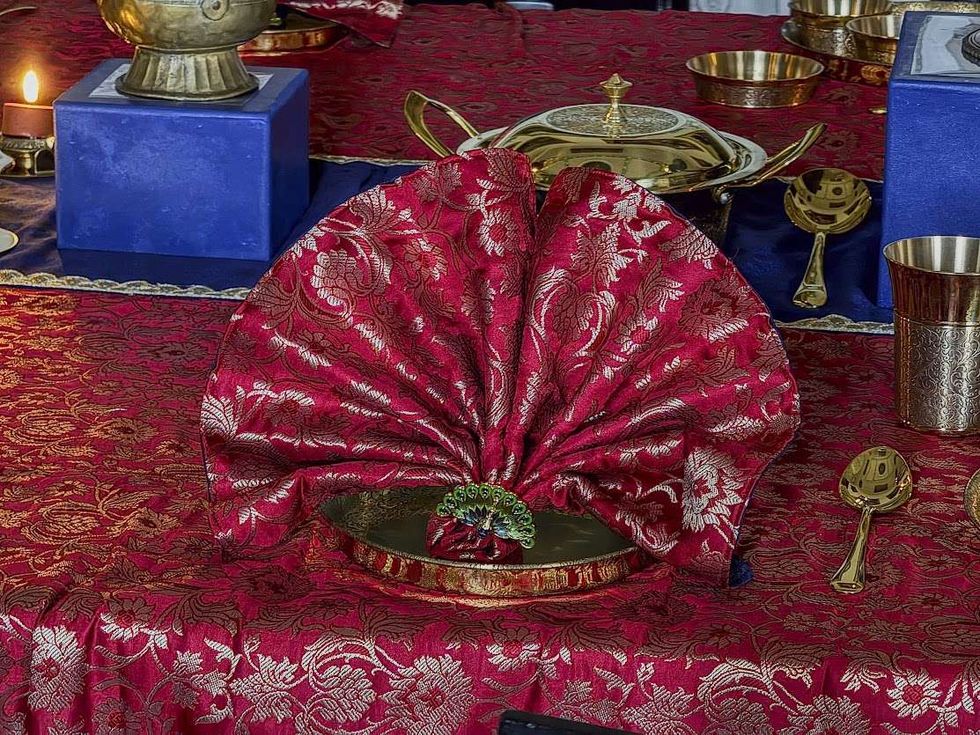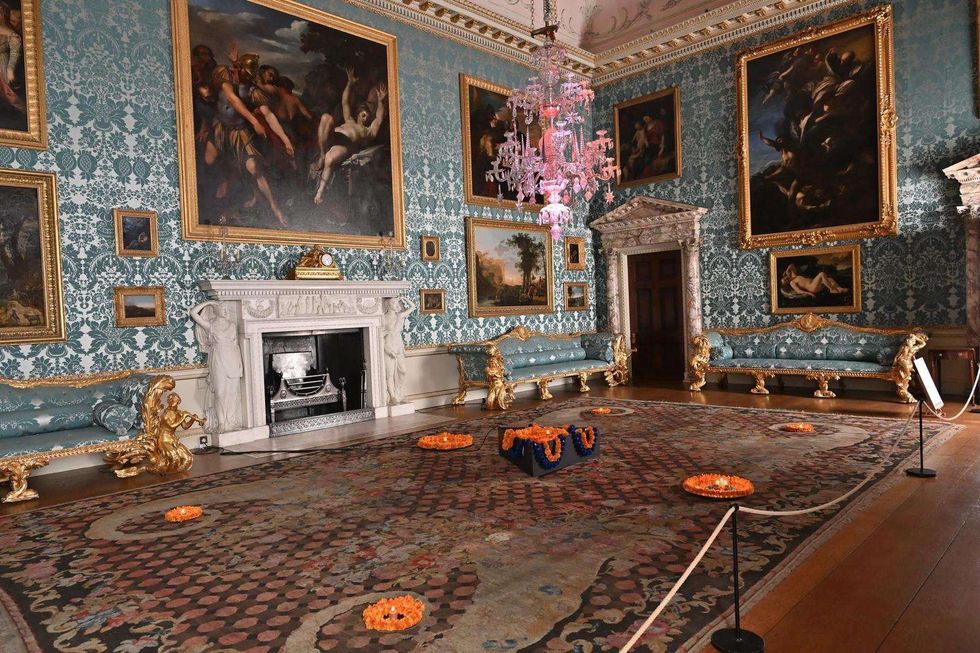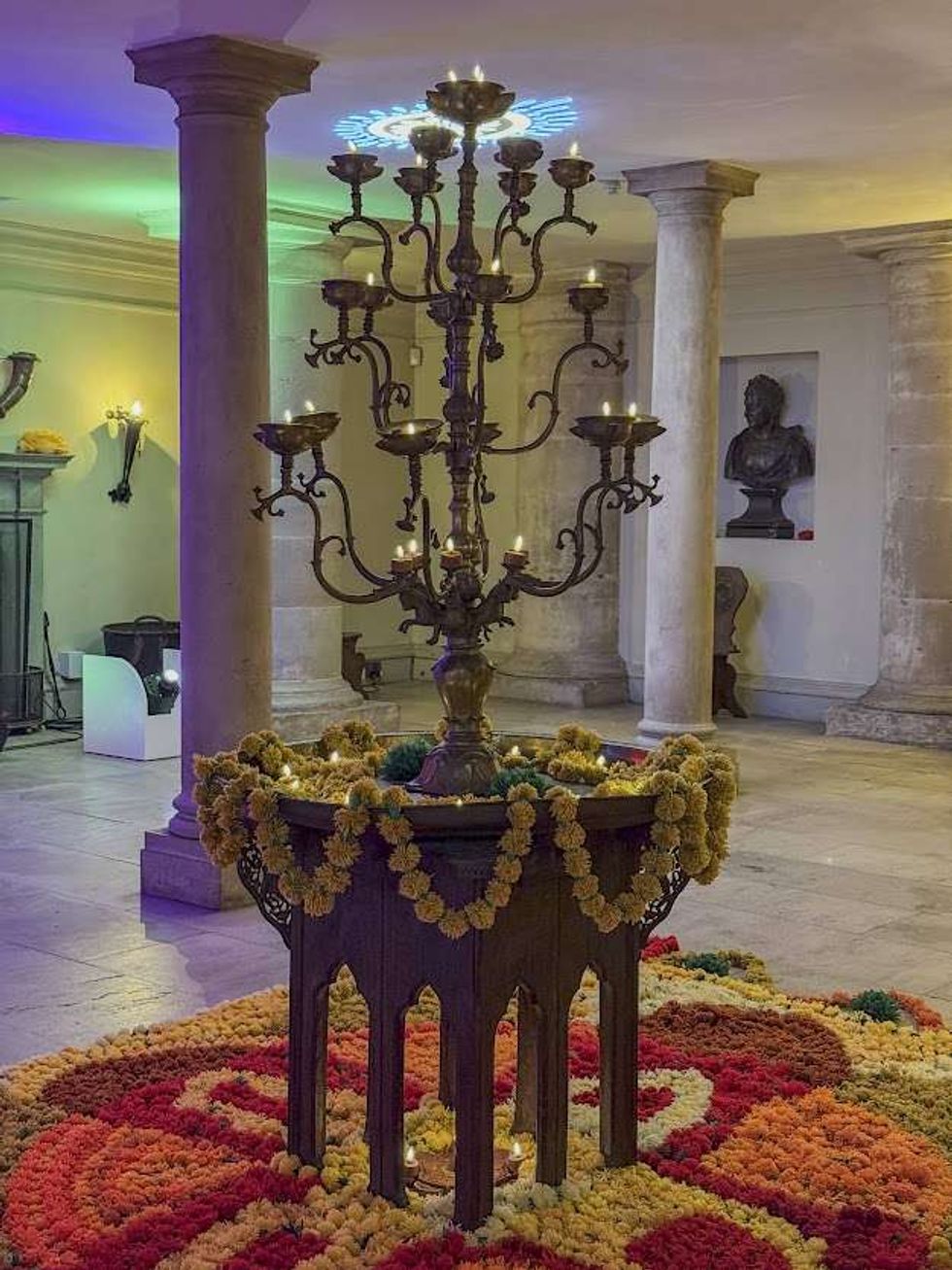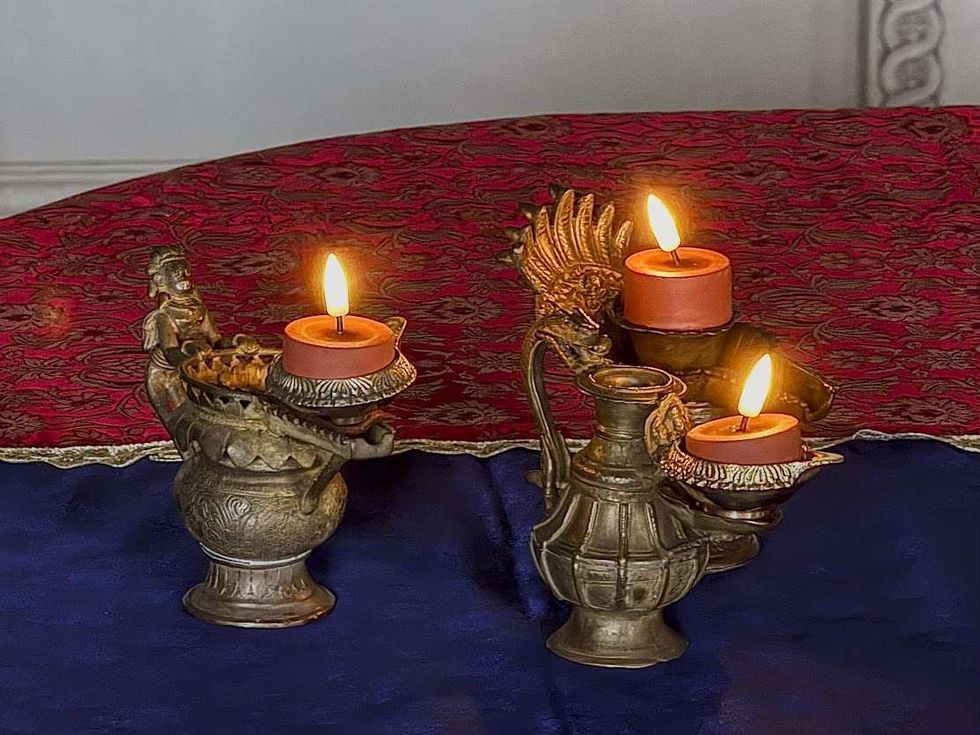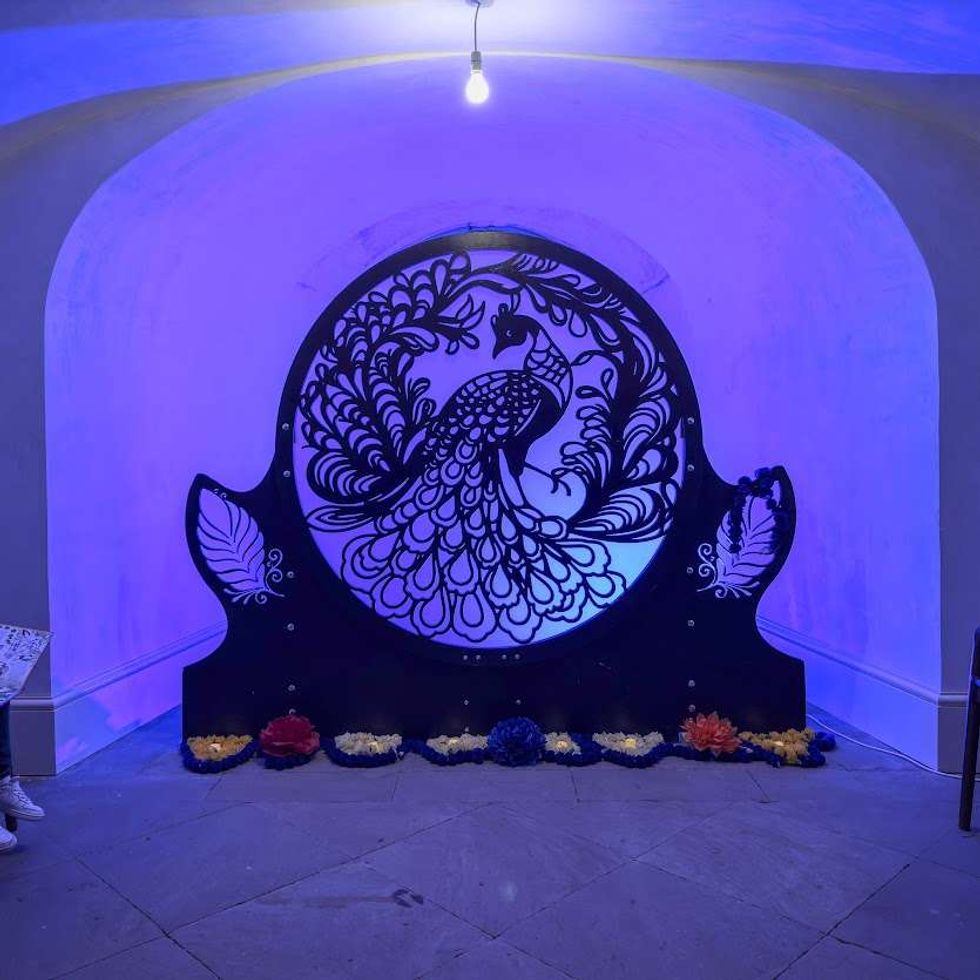THE first of India's almost one billion voters cast ballots on Friday (19) in the country's multi-day election, as prime minister Narendra Modi seeks a rare third term on the back of issues such as growth, welfare and Hindu nationalism.
Friday's vote covered 166 million voters in 102 constituencies across 21 states and territories, from Tamil Nadu in the south to Arunachal Pradesh on the Himalayan frontier with China.
Opinion polls have suggested the BJP will easily win a majority, even though voters worry about unemployment, inflation and rural distress in the world's most populous country and fastest growing major economy.
The seven-phase polls would end on June 1 and counting would take place on June 4. The second phase will be held on April 26 and the remaining phases will be May 7, May 13, May 20, May 25, and June 1 accordingly.
Here’s a look at the key election developments this week:
Voter turnout in first phase less than 2019
POLLING for the first phase of India’s marathon national elections on Friday (19) concluded with around 64 per cent voter turnout. The first phase sealed the fate of 1,625 candidates in 102 constituencies across 17 states and Union Territories across the country.
The voting percentage of 63.89 per cent is likely to go upwards when reports from all polling stations are obtained, the Election Commission of India said in a statement.
The figure was nearly 70 per cent in the first phase of the previous elections held in 2019.
Among the states where the polling took place, incidents of violence were reported from Manipur, West Bengal and Chhattisgarh. Lakshadweep saw the highest voter turnout at 83.88 per cent and Bihar the lowest at 48.88 per cent, according to the ECI.
The Election Commission has revised the voter turnout in Tamil Nadu to 69.46 per cent, from the earlier 72 per cent. The ruling BJP could win no seat in the state in the 2019 election and made desperate campaigning this time to reverse the trend.
North-east’s Tripura saw a turnout of 77.90 per cent. In Bengal, In Bengal, the voter turnout was above 77 per cent.
Over 68 per cent of voter turnout was reported in Manipur, where the general mood was opposed to election this year.
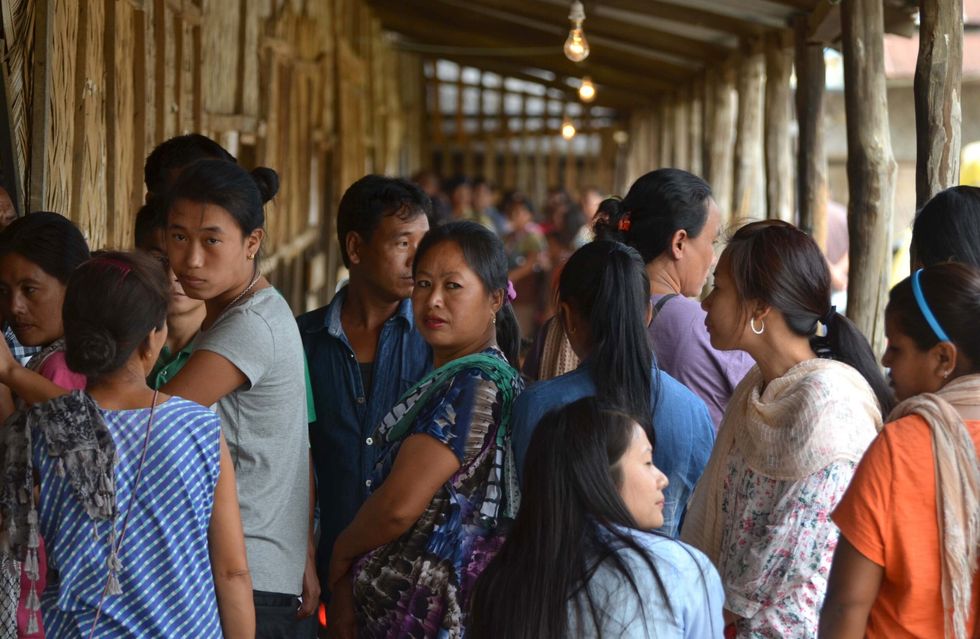
Zero voter turnout in six Nagaland districts
FAR AWAY from the rest of the country, people abstained from voting on Friday in six districts of Nagaland after the Eastern Nagaland People’s Organisation (ENPO), a civil society organisation, announced its decision to abstain from the electoral process.
A day before the Lok Sabha voting, the ENPO issued a notice announcing an “indefinite total shutdown” all over the Eastern Nagaland jurisdiction, in support of which, people in the six districts of Kiphire, Longleng, Mon, Noklak, Shamator, and Tuensang stayed away from exercising their constitutional rights.
However, government servants on election duty, district officials, state and central security forces, medical and emergency services remained exempted from the shutdown.
The ENPO has been demanding a separate ‘Frontier Nagaland Territory’ (FNT) since 2010, as successive governments have allegedly paid less attention to the eastern part of the state.
Of the 60 assembly constituencies in Nagaland, there are 20 legislators from these six districts. Nagaland has one Lok Sabha seat, which is with the Nationalist Democratic Progressive Party (NDPP), an ally of the BJP.
Manipur overcomes fear of violence to vote in big numbers
RESIDENTS of India's violence-torn northeastern state of Manipur turned out in large numbers to vote on Friday, despite the shadow of ethnic clashes that killed at least 220 people in the last year hanging over the national election.
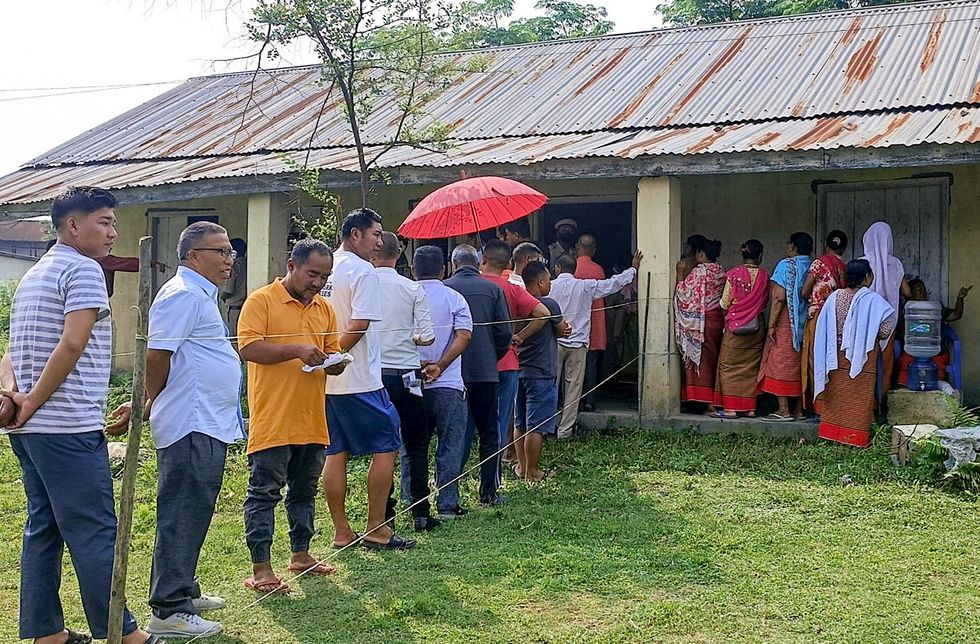
The state has been roiled by fighting between the majority Meitei and tribal Kuki-Zo people since May, and continues to be divided into two enclaves - a valley controlled by Meiteis and Kuki-dominated hills, separated by a stretch of "no man's land" monitored by federal paramilitary forces.
There were scattered incidents of violence on Friday in the state, despite heavy security.
At least six instances of groups trying to take over polling stations were reported in the state capital Imphal, said an election official, who did not want to be named as he was not authorised to speak to the media.
"Armed mobs came and tried to take control of the polling station," he said, adding that re-polling may be required in some booths.
There was also a firing incident between two armed groups in Bishnupur district but voting continued, the official added.
Although election campaign meetings were held behind closed doors because of fears of violence in the state of 3.6 million people, there was 68 per cent voter turnout by 5pm as polling stations closed.
Violence in Bengal, Chhattisgarh
Violence was reported in some constituencies of Bengal, Chhattisgarh and Manipur.
In Chhattisgarh, 63.41 per cent voters cast their votes in the Maoist-hit Bastar Lok Sabha constituency where a Central Reserve Police Force personnel died after a grenade accidentally went off.
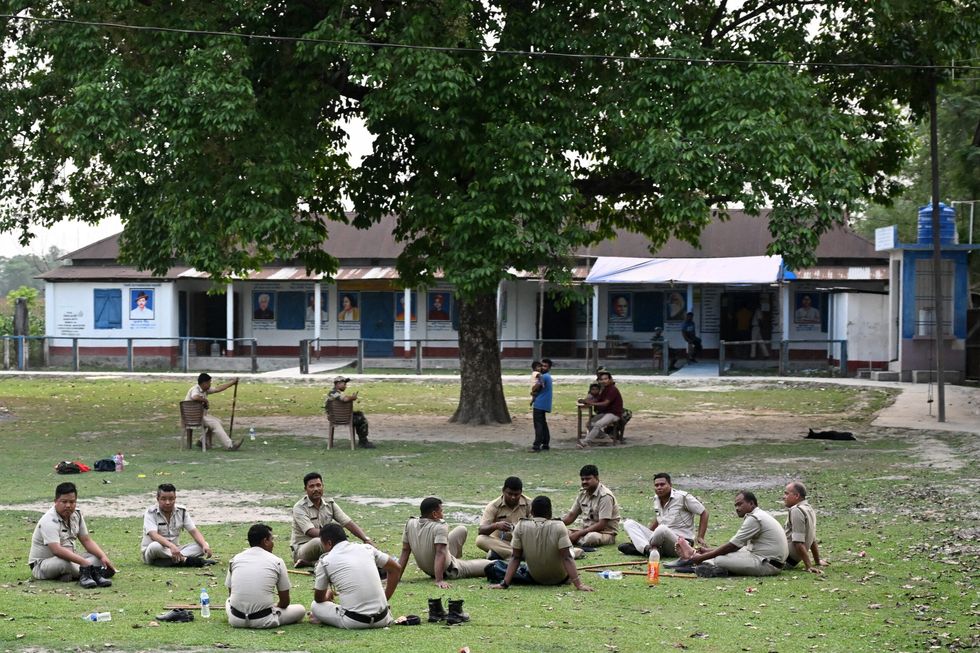
An officer was also injured in an IED (improvised explosive device) blast in another incident. It was only three days before the elections that 29 Maoists were killed in an encounter with state security forces in Bastar in one of the largest operations against the Left-wing extremists.
In Bengal, supporters of the opponents Trinamool Congress and BJP clashed with each other and lodged 80 and 39 complaints, respectively, related to poll violence, voter intimidation, and assault on poll agents, sources from both parties said.
In Manipur, there were also reports of miscreants damaging at least four electronic voting machines (EVMs) in a polling booth.
Shompen Tribe in Andaman votes for first time
For the first time in Andaman and Nicobar Islands, seven members of the Shompen tribe, a particularly vulnerable tribal group (PVTGs) of Great Nicobar Islands exercised their voting rights for the lone Lok Sabha seat in the union territory. Not only did they vote but also posed for selfies at polling station 411 named as 'Shompen Hut'.
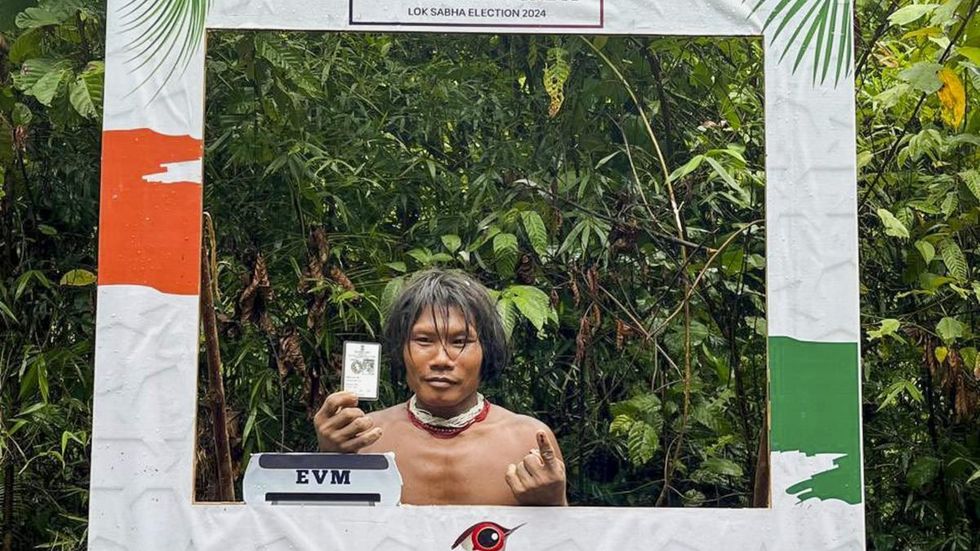
Many newly married couples were among the early voters of the first phase of the Lok Sabha polls on Friday, with some reaching polling booths decked up in traditional attires soon after exchanging vows.
In Jammu and Kashmir's Doda district, which falls in the Udhampur parliamentary constituency, the "vidaai" ceremony of a bride was delayed so that she could go and cast her vote.
"My fervent appeal to people is to vote for the development of the nation," said Vishal Shanky as he waited outside a booth in Bhaderwah town for his wife Monica Sharma to return after voting.
QUOTE OF THE WEEK
“I congratulate the first-time voters, who voted yesterday. As per the information we are receiving, there has been a one-sided voting in favor of NDA (in Phase 1 of Lok Sabha elections). I want to thank the people for ensuring the victory of the NDA," said Narendra Modi after the first phase of elections.
ELECTION TRIVIA
Row over Arvind Kejriwal's sugar levels
The Enforcement Directorate has accused Delhi chief minister Arvind Kejriwal of deliberately consuming mangoes, sweets, and sugar with tea in an apparent bid to elevate his blood sugar levels.
A Delhi court was hearing the application moved by Kejriwal to monitor his sugar levels continuously and to allow him to consult his doctor. Kejriwal submitted that he needs to consult his doctor through video conference thrice a week.
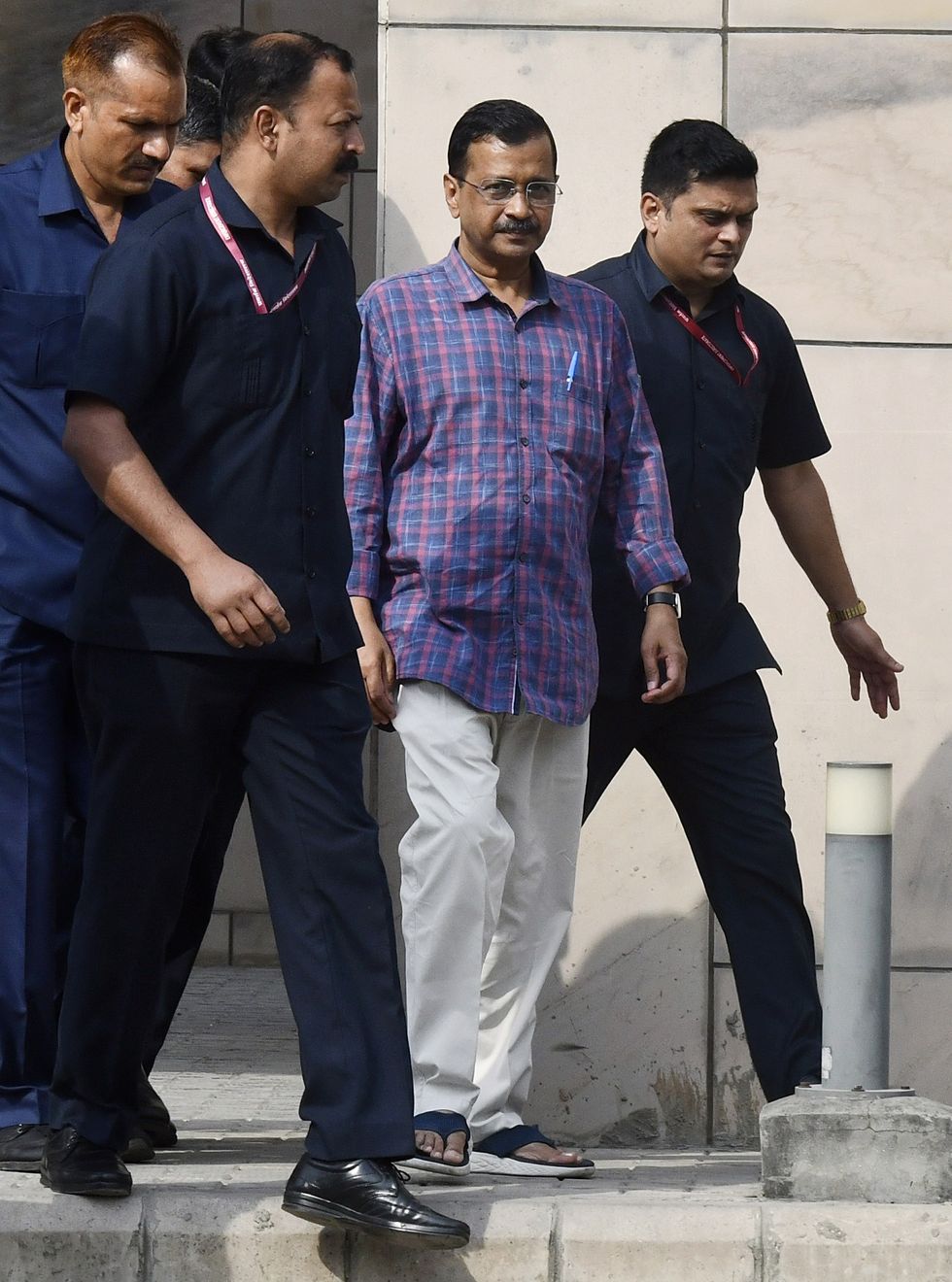
“The person who is claiming to have high diabetes.. is having mangoes, having sweets regularly, and having tea with sugar.. this is all the basis for seeking bail,” Special public prosecutor (SPP) Zoheb Hossain said opposing the plea.
Rebutting the claim, Delhi minister Atishi said that a sweetener, erythritol, was being used for his tea and sweets as prescribed by a doctor. She alleged that though Kejriwal’s blood sugar level was close to 300, the jail authorities were denying him insulin.
